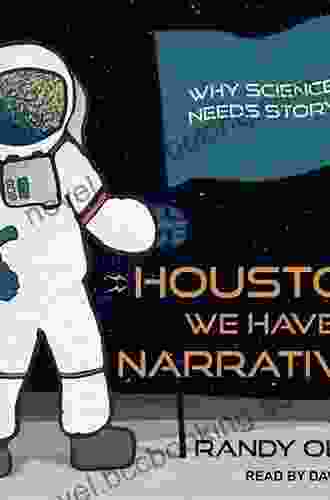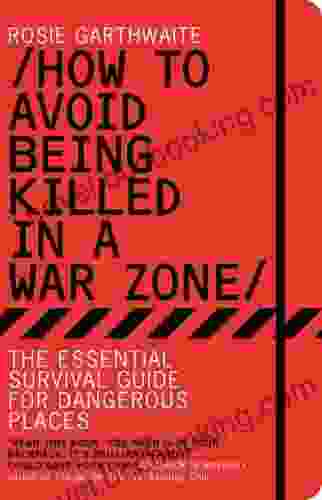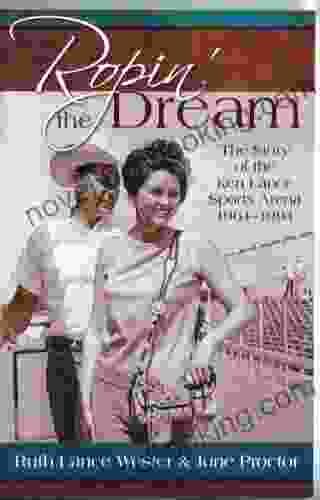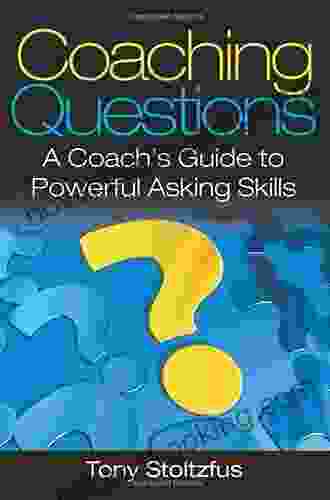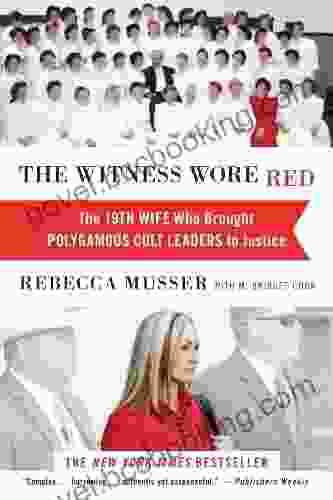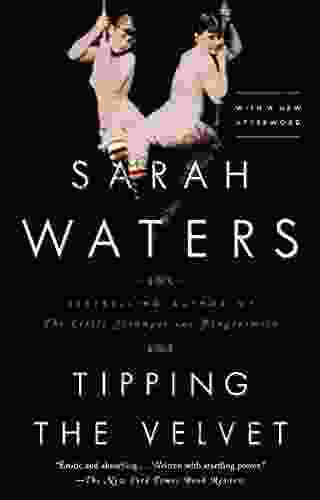Why Science Needs Story: Unleashing the Power of Narrative to Engage and Inspire

In the realm of scientific communication, narrative has long been relegated to the sidelines. Science has been perceived as a purely objective endeavor, devoid of emotional appeal or storytelling elements. However, a growing body of research and practice is challenging this traditional view, demonstrating the immense power of story to engage and inspire audiences, foster a deeper understanding of scientific concepts, and drive meaningful action.
This article delves into the myriad ways in which science benefits from the incorporation of story. We explore the cognitive, emotional, and social advantages of storytelling in science, showcase inspiring examples of effective science narratives, and provide practical tips for scientists and educators looking to incorporate stories into their work.
Storytelling stimulates the imagination, activates multiple brain regions, and enhances memory. When presented with a story, our brains create mental models and simulations, allowing us to grasp complex ideas and concepts. Narratives also facilitate the transfer of knowledge by providing a framework for organizing and connecting information. This makes them particularly effective for teaching science, where students can struggle to comprehend abstract principles without a relatable context.
4.4 out of 5
| Language | : | English |
| File size | : | 3512 KB |
| Text-to-Speech | : | Enabled |
| Enhanced typesetting | : | Enabled |
| Word Wise | : | Enabled |
| Print length | : | 270 pages |
| Lending | : | Enabled |
| Screen Reader | : | Supported |
Science is often perceived as cold and detached, but storytelling can infuse it with warmth and human connection. By sharing personal anecdotes, relatable experiences, and vivid descriptions, scientists can evoke emotions that resonate with audiences, making science more accessible and engaging. Emotional connection fosters empathy and understanding, which can lead to greater support for scientific research and evidence-based policies.
Stories have the power to shape our beliefs, values, and behaviors. By telling stories about scientific discoveries, we can challenge misconceptions, promote critical thinking, and inspire future generations of scientists. Narratives can also foster a sense of community and belonging among scientists, helping to break down silos and encourage collaboration.
Numerous examples showcase the transformative power of storytelling in science. Consider the work of neurologist Oliver Sacks, whose case studies of patients with neurological disFree Downloads were not only scientifically rigorous but also deeply moving and insightful. Sacks's narratives allowed readers to glimpse the human experience through the lens of science, fostering empathy and a greater understanding of the complexities of the brain.
Another compelling example comes from environmental scientist Rachel Carson's 1962 book, "Silent Spring." Through vivid prose and a compelling narrative, Carson exposed the harmful effects of pesticides on the environment and human health. "Silent Spring" sparked a national conversation about environmental protection and played a pivotal role in the creation of the Environmental Protection Agency.
For those seeking to leverage the power of storytelling in science, here are some practical tips:
- Start with a compelling hook: Capture attention with a personal anecdote, surprising fact, or thought-provoking question.
- Use vivid language and sensory details: Engage the senses by describing images, sounds, and emotions to create an immersive experience.
- Connect to personal experiences: Share your own experiences or those of others to make the science relatable and accessible.
- Highlight the human element: Focus on the scientists behind the discoveries and the human impact of scientific advancements.
- Provide context and background: Set the scene and provide necessary background information to help audiences understand complex concepts.
- Use storytelling techniques: Employ narrative techniques such as conflict, suspense, and resolution to keep audiences engaged.
- Seek feedback and revise: Share your narratives with others to gather feedback and refine your storytelling for maximum impact.
Science and storytelling are not mutually exclusive but rather complementary forces that can work together to create a more engaging, accessible, and impactful scientific discourse. By incorporating narratives into their work, scientists and educators can unlock the power of human connection, foster a deeper understanding of complex ideas, and inspire individuals to embrace the transformative potential of science. As we continue to explore the frontiers of knowledge, let us harness the power of story to make science a beacon of enlightenment and progress for all.
4.4 out of 5
| Language | : | English |
| File size | : | 3512 KB |
| Text-to-Speech | : | Enabled |
| Enhanced typesetting | : | Enabled |
| Word Wise | : | Enabled |
| Print length | : | 270 pages |
| Lending | : | Enabled |
| Screen Reader | : | Supported |
Do you want to contribute by writing guest posts on this blog?
Please contact us and send us a resume of previous articles that you have written.
 Book
Book Novel
Novel Page
Page Chapter
Chapter Text
Text Story
Story Genre
Genre Reader
Reader Library
Library Paperback
Paperback E-book
E-book Magazine
Magazine Newspaper
Newspaper Paragraph
Paragraph Sentence
Sentence Bookmark
Bookmark Shelf
Shelf Glossary
Glossary Bibliography
Bibliography Foreword
Foreword Preface
Preface Synopsis
Synopsis Annotation
Annotation Footnote
Footnote Manuscript
Manuscript Scroll
Scroll Codex
Codex Tome
Tome Bestseller
Bestseller Classics
Classics Library card
Library card Narrative
Narrative Biography
Biography Autobiography
Autobiography Memoir
Memoir Reference
Reference Encyclopedia
Encyclopedia Titus Winters
Titus Winters Sabrina Chevannes
Sabrina Chevannes Skip Mort
Skip Mort Randy Scherer
Randy Scherer Valerie Van Ballaer
Valerie Van Ballaer Stephen Kirk
Stephen Kirk Richard D Easton
Richard D Easton S Kelley Harrell
S Kelley Harrell Tim Marshall
Tim Marshall Xist Publishing
Xist Publishing Rob Jolles
Rob Jolles Rob Branson
Rob Branson Susan Gaber
Susan Gaber Randy Baker
Randy Baker Rina Mae Acosta
Rina Mae Acosta Saira Shah
Saira Shah Ronald Takaki
Ronald Takaki Rod Kulbach
Rod Kulbach Ruth Stout
Ruth Stout Rosita Boland
Rosita Boland
Light bulbAdvertise smarter! Our strategic ad space ensures maximum exposure. Reserve your spot today!
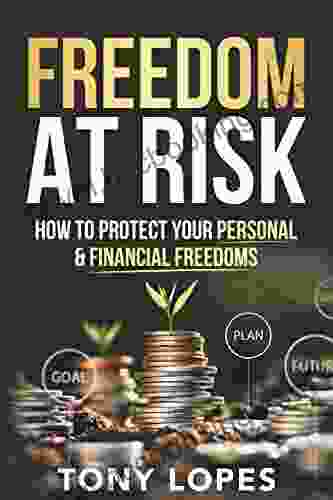
 Elliott CarterSafeguard Your Personal Financial Freedoms: A Comprehensive Guide to Building...
Elliott CarterSafeguard Your Personal Financial Freedoms: A Comprehensive Guide to Building... Mario SimmonsFollow ·3.1k
Mario SimmonsFollow ·3.1k Arthur C. ClarkeFollow ·7.2k
Arthur C. ClarkeFollow ·7.2k Andrew BellFollow ·9k
Andrew BellFollow ·9k Paul ReedFollow ·5.8k
Paul ReedFollow ·5.8k Junot DíazFollow ·4.9k
Junot DíazFollow ·4.9k Steven HayesFollow ·3.1k
Steven HayesFollow ·3.1k Edison MitchellFollow ·18.5k
Edison MitchellFollow ·18.5k William GoldingFollow ·15.1k
William GoldingFollow ·15.1k
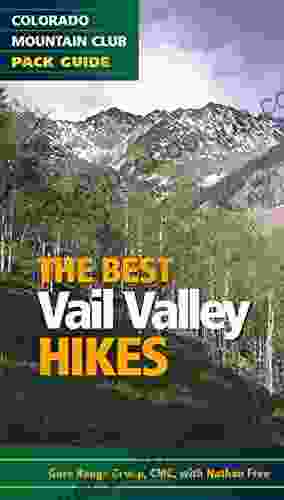
 Steven Hayes
Steven HayesEmbark on Unforgettable Adventures: Discover the Best of...
Unveiling the Enchanting Trails of the...
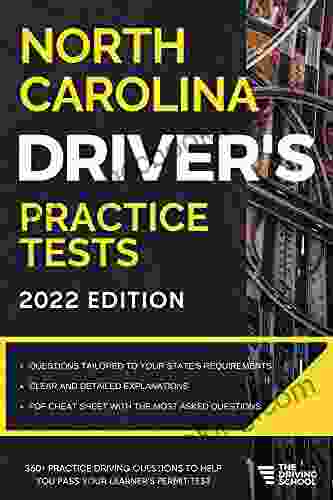
 Jarrett Blair
Jarrett BlairMaster the Road: Ace Your North Carolina Driver's Test...
Unlock the Secrets to...
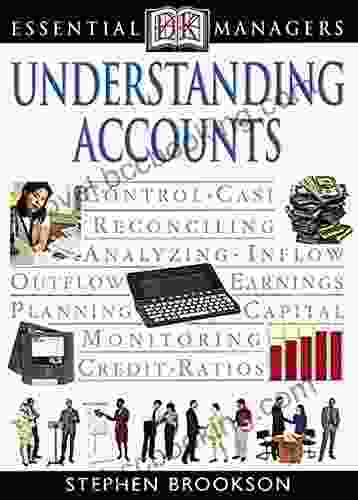
 Brent Foster
Brent FosterDk Essential Managers Understanding Accounts: Your...
In today's...
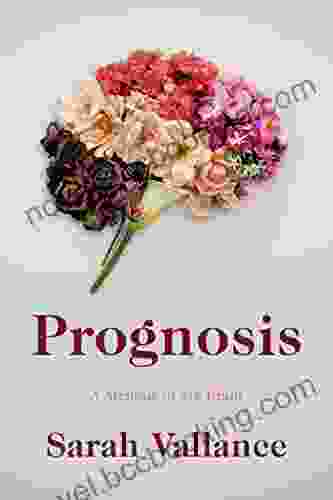
 Isaac Mitchell
Isaac MitchellPrognosis: A Memoir of My Brain - A Journey of Hope and...
In 2013, Eve Ensler was diagnosed with a...
4.4 out of 5
| Language | : | English |
| File size | : | 3512 KB |
| Text-to-Speech | : | Enabled |
| Enhanced typesetting | : | Enabled |
| Word Wise | : | Enabled |
| Print length | : | 270 pages |
| Lending | : | Enabled |
| Screen Reader | : | Supported |


